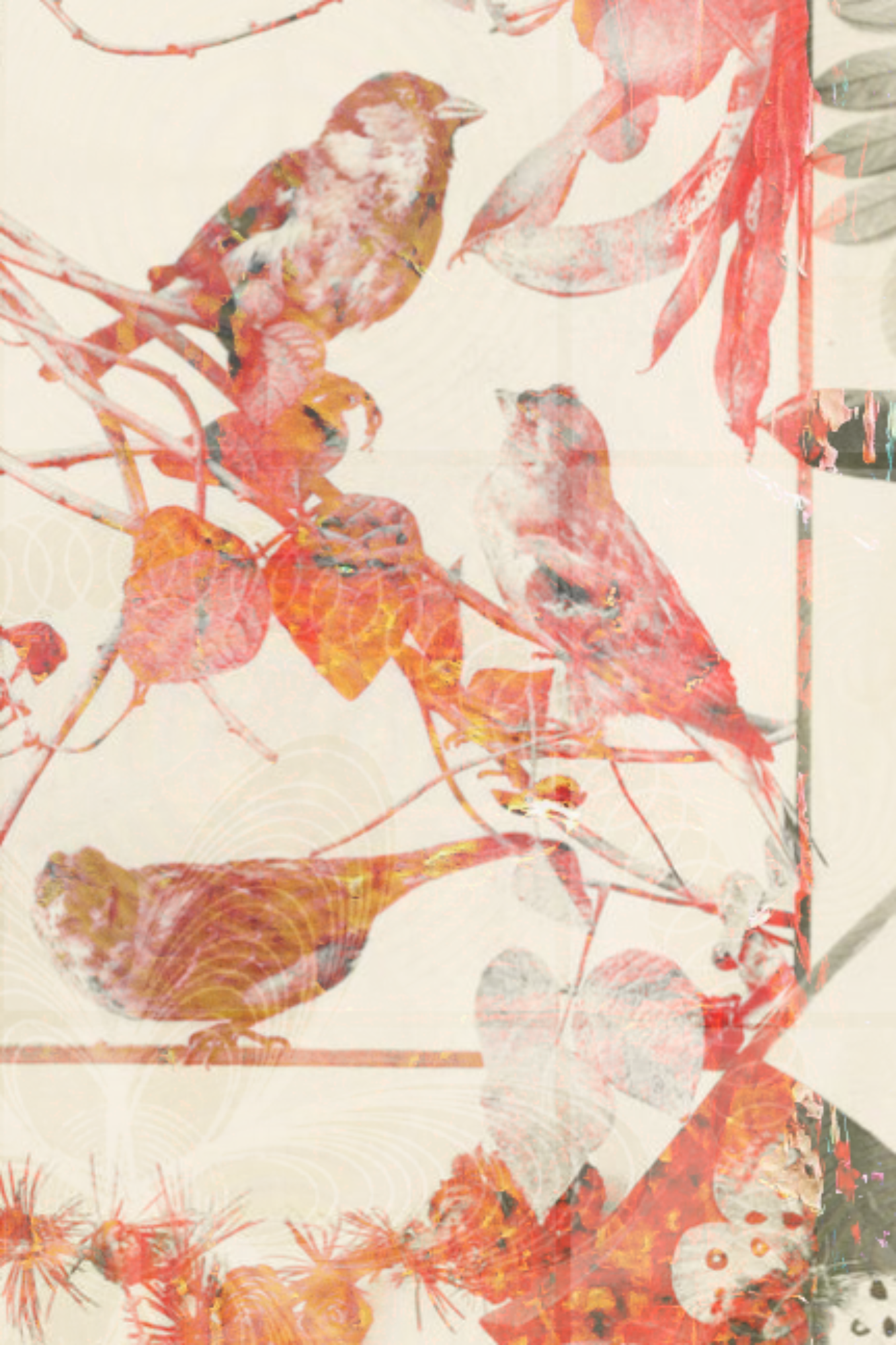What’s your creative process like?
The main thing for me is to just write, put words down whether randomly chosen or from an observation in life. It’s like fishing. If you don’t drop your line in the water you’ll never catch anything. Many attempts often turn up empty, so I file away the bad stuff and keep at it. Once a poem is on the line (sorry), I don’t want to do much else but hone it into a finished product. This process, editing, rewriting, is what defines me as a writer more than any publication or accolade.
How do you push through creative blocks?
During a drought of creativity I find that if I start a potential poem with either of these lines:
• “Let me tell you about…”
• “I want you to know something…”
• “I remember the time…”
For whatever reason I find these openings lead me somewhere. It may be not very good, but it breaks the dry spell. Writing leads to more writing.
Give us some background on the piece(s) you contributed to this issue.
I was working in the yard when I noticed my neighbor across the cove moving methodically back and forth on his property. I knew he was tearing down his rickety old shed, the one he kept in place since his childhood, and I knew it held sentimental value to him. But Ted was building a new one. I could only see his white T-shirt which led to the image of a ghost laboring behind the wheelbarrow. The old, weathered shed seemed to lean against the sky, literally on its last legs, and also ghost-like. After making that observation, I looked down the cove, on my side of the water, and saw four empty rocking chairs swaying with the wind coming in from the sea. More ghosts.

Bill Garvey grew up in Springfield, Massachusetts. He is a dual citizen of Canada and the USA. He is retired, and currently lives in Nova Scotia and Toronto with his wife, Jean. Bill’s collection of poetry, The basement on Biella, was published in 2023 by DarkWinter Press. His poems have been published or are forthcoming in Thimble, Rattle, One Art, San Antonio Review, Connecticut River Review, Cimarron Review, The New Quarterly, Nixes Mate Review and others.

